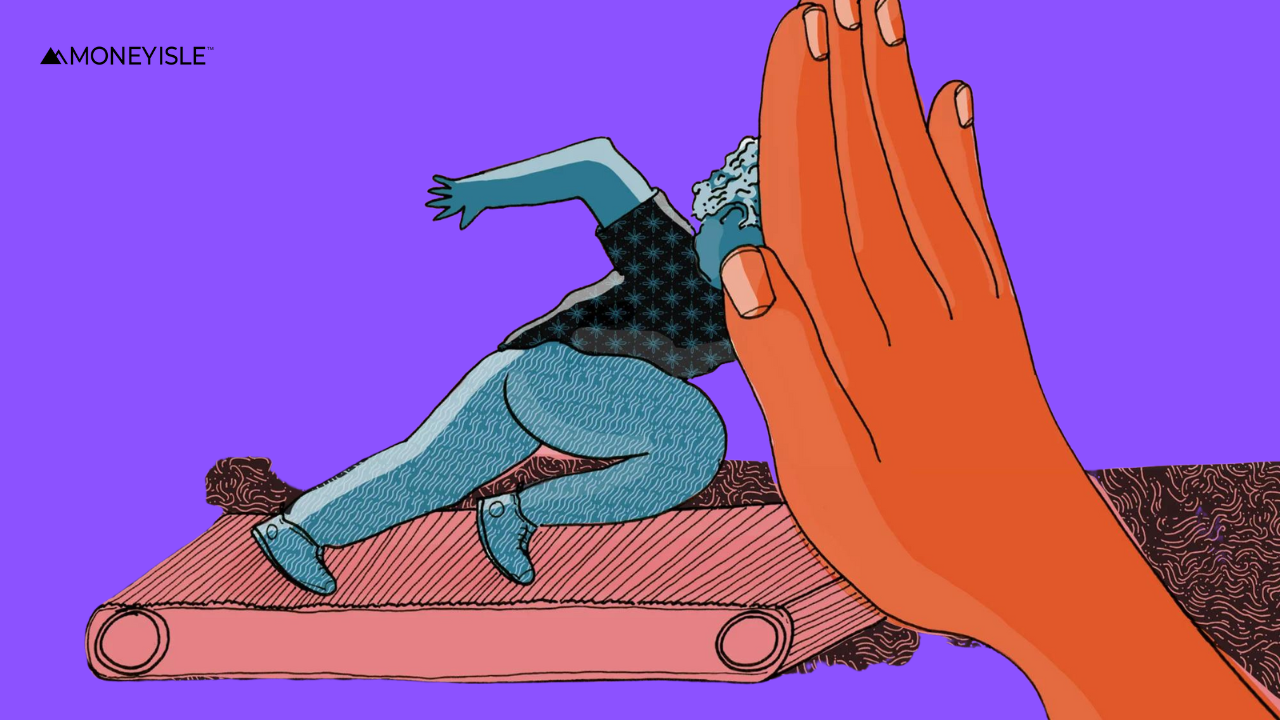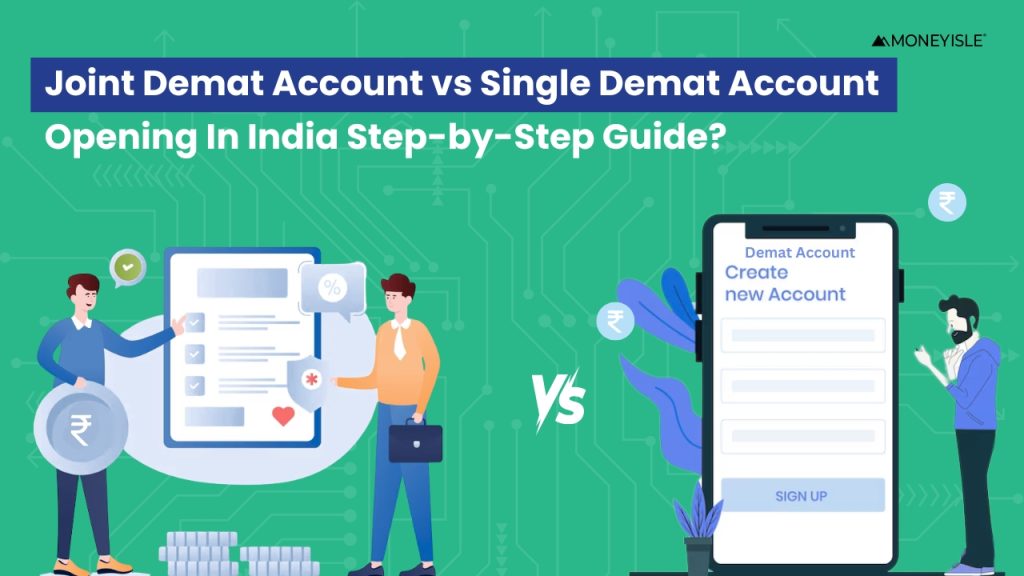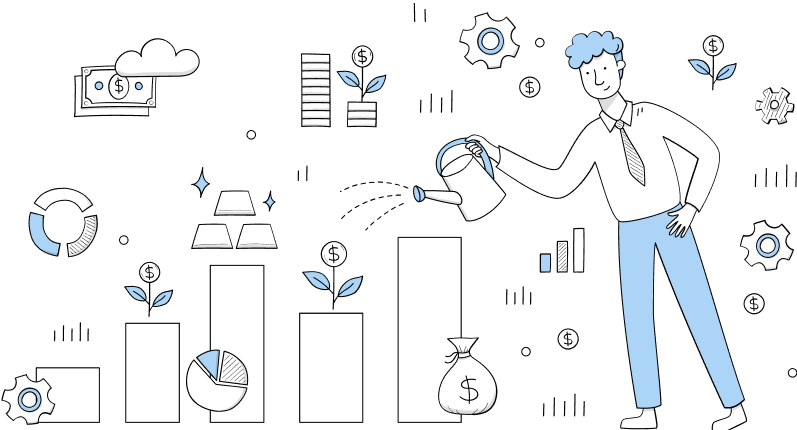With the amount of feasibility and convenience attached to borrowing a personal loan now, it seems very surprising how certain banks or vendors can reject your personal loan applications.
Over the last few years, banks and financial institutions have made it really easy to acquire a personal loan. Whether you need it for certain expenses or any other reason relevant to you, getting a loan now is really easy and convenient now.
However, there are still instances where certain loan applications could be rejected. While it is a bummer, there are still ways for you to increase your chances of getting such loans. Nothing that could be solved by understanding and solving a problem, right?
That’s why we have dedicated this blog to help you explore the different hurdles you could face while applying for a personal loan and how to navigate through them.
Why your personal loan applications are rejected?
Understanding the reasons that could come in between you and your personal loan application approval could help you fix the problems in between.
Even if it’s your first time, you can still explore the reasons mentioned below to increase your chances of getting approval on your loan applications.
1. Having a poor credit score
A credit score ranges from 300 to 900. While most of us don’t really pay enough attention to it, credit scores are one of the most common reasons why certain loan applications are rejected.
A credit score is determined by the following factors:
- Whether you make on-time repayments on your loans
- How many loan accounts are active under your name
- How much credit do you utilize
- The age of your loan account
Credit scores give a good indication of your spending and repayment habits. The better it is, the more loans you could borrow under your name. On the other hand, a bad credit score could increase your interest rates, lower the borrowing limit, or take you to a complete denial of a personal loan.
Personal loans are usually issued on an ideal credit score. While it depends from one lender to another, most lenders prefer a credit score in the 700s spectrum. In the same way, if you are a first-timer without a credit score, your application might again face a rejection.
2. Numerous pending loans
The more loans you have open under your name, the harder it is to get new ones. Banks and vendors have the ability to explore your credit history and see how many loans you have open, even if it’s from third-party banks.
A common factor, in this case, is how much of your income goes to your repayments. If the majority of your income is spent on repayments of past loans, there’s a high chance your personal loan application will be rejected.
One of the best practices is to keep less than 40% of your income towards repayments. The less income you need to spend on repayments, the better credit history you will have. And the better credit history you have, the better chances you have of getting approval on your loan applications.
3. An unstable employment
It’s a no-brainer that switching jobs and unstable employment begs the question of stability. And since there’s a lack of stability in your job, there could be a lack of stability in your spending habits and repayments too.
If you switch jobs too frequently or work with unregistered businesses, there is a good chance that your personal loan application will be rejected.
Banks and lenders highly scrutinize your sources of income and employment. This helps them reduce the chances of defaults and be confident with their borrowing.
There are often cases when personal loan applications are rejected for candidates that have had just one year or less of employment have been rejected. So make sure you have a stable job and at least a fixed base salary before you apply for a personal loan the next time.
4. Non-eligible for a personal loan
Often, your personal loan application could be missing important details that the banks or vendors just can’t overlook.
If your documentation consists of inconsistencies or doesn’t provide adequate information about your profile, there is a good chance that your application would be rejected.
Once you enter your personal information, it is verified by the lenders. And since there’s money involved, the scrutiny is more than ever. If any of the details are incorrect or you can’t provide documentation for anything, you are likely going to face rejection from the lender for a loan.
Before you apply for a personal loan, make sure you are verifying each document required in the process. Once you are certain all the details are correct, only then try to apply for a personal loan.
Conclusion
Acquiring a personal loan isn’t that hard in today’s date and time. All you need to do is show income stability and proper documentation that can help you gather the trust of the lender(s).
Make sure you are also carefully analyzing the terms and conditions of the loan along with the repayment terms so that you are making the right financial decision.
We hope you found this blog helpful. To get more curated tips and information on similar topics, you can check out our bi-weekly newsletter. It’s free. Promise!











